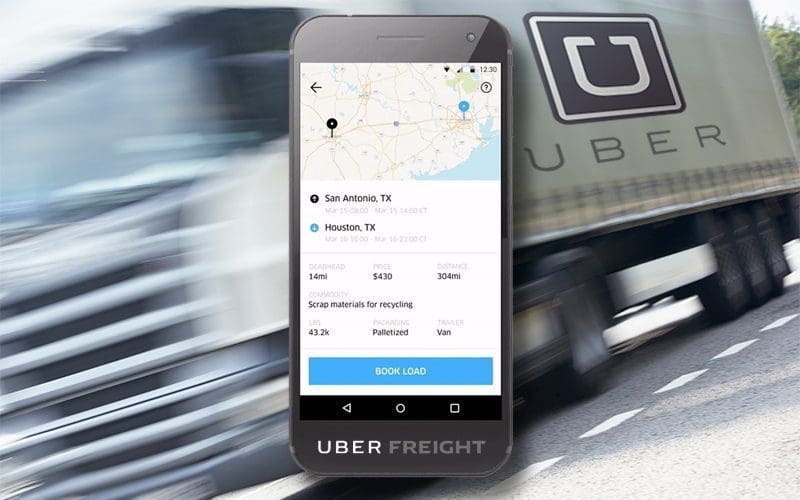I’m doing a market study and a supplier selection guide on the managed transportation service (MTS) industry, so I’ve had conversations with executives across the industry. Executives at these managed trans firms are some of the brightest in all of logistics. I wanted to know how digital technologies are affecting shippers, carriers, brokers, and managed trans providers.
When companies want to reduce their transportation costs, while maintaining or even improving customer service, they have two main choices: implement a transportation management system (TMS) or outsource transportation to a managed services firm. The managed transportation services (MTS) – also called managed trans – providers have planners in a control tower using TMS technology, who plan and execute loads on behalf of their customers.
With the rise of Uber Freight, digital freight brokerages have gotten a good deal of investor and shipper attention. A digital freight brokerage uses technology to make the process of working with a broker to secure a move more automated and less time consuming.

Managed Transportion Providers Partner with Digital Freight Providers
In some cases, MTS providers partner with these brokers. Brett Minner, Director of Logistics as a Service at BluJay Solutions, said “We are investing in partnerships for digital brokerage.” BluJay has developed application programming interfaces within its TMS to Uber Freight, Loadsmart, Convoy, and Sleek Fleet. This integration allows for “a real-time rate quote with guaranteed service. Our customers do need freight contracts with those providers.”
Mr. Minner added, “We’ve seen some shippers that use digital broker technology solutions have been competing or over-performing network metrics. In the case of one specific shipper, we’ve seen primary tender acceptance 3% higher than their network average, on-time performance 3.6% higher than their network average, and savings against BluDex of $54,000 (11%) over 702 loads in the month of April ($77 per load).”
Managed Transportation Providers Build their Own Digital Freight Solutions
In other cases, large MTS providers and brokers are building their own digital freight brokerage solution. For large freight brokers the Uber Freights of the world are a threat. Mr. Commiskey from GlobalTranz mentioned they have 300 plus developers building out analytics to support their digital freight matching solution which is called GTZamp.
From Mr. Commiskey’s perspective, it is not the instant gratification of digital brokerage that provides the most value. “The greatest value of a digital freight brokerage comes from reducing empty miles. Nevertheless, they can get a spot freight rate quote to customers in minutes, not hours.
Mr. Commiskey also argues that the entire value proposition associated with a digital brokerage solution is overstated. “Execution needs to be seamless. At the end of the day, logistics is not perfect. You need great people who can do the right thing.” When there are exceptions, people are needed to fix things.
Another significant managed trans supplier, Transplace, has a different kind of digital platform for securing lower cost transportation capacity. Transplace acquired Lanehub, a cloud-based platform that encourages shipper-carrier collaboration, in January 2020. The platform encourages shipper-carrier collaboration by digitally identifying and connecting companies with complementary freight lanes to save on shipping expenses. The goal is to find recurring, consistent lanes at a sustainable lower cost from carriers and private/dedicated fleets by matching headhauls and backhauls. The platform creates visibility to over $23 billion in truckload spend over 180,000 lanes in North America. Over 150 shipper members have connected with 250 carrier members. This has resulted in more than 26 million matches.
In conclusion, the term ‘digital transformation’ has become ubiquitous. There is a good deal of hype around this term. But the freight industry is becoming digitally transformed in front of our eyes.
















